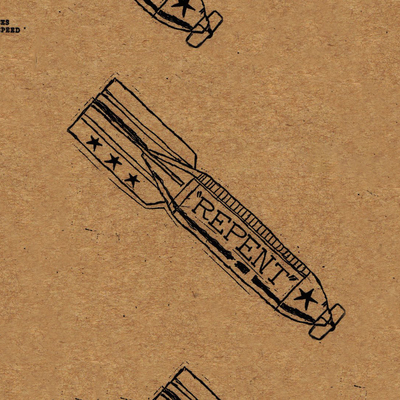He was captured in 1945, was a witness at the Nuremberg trials, and was tried and hung in Poland in 1947. While in prison, he wrote a memoir that is much more chilling than "the banality of evil" of the dumb fuck Eichmann variety.
The history of the Nazi Germany has become so Disneyfied. No one reads or really knows much about it anymore. Everyone vaguely knows (if that!) that the Nazis did camps and that was bad, but that's all. But when you read that text, I think it becomes clear that not only such atrocities can be repeated very easily today, they will be repeated precisely in the name of all that is "good."
Anyway. Höss was the only SS officer at the Nuremberg trials who testified to everything that he'd done. During his own trial he confessed, admitted his guilt, and refused the opportunity to appeal. You will see from the memoir he was a smart, and not even particularly callous man. AND FUCKING YET. That's the point. It is chilling to the bones, and is all the more chilling because of how lucid that memoir is. The only reason he admitted his wrongs was because the Nazis were defeated. It will make you think about those yet undefeated and the atrocities they commit in the name of what they may genuinely consider to be "good."
Links, huge trigger warning obviously :
The memoir (skip to page 118, that's where his tenure at Auschwitz starts)
A kind of condensed article about Höss , with some quotes from the memoir + the trial in Poland
https://en.wikipedia.org/wiki/Rudolf_H%C3%B6ss
https://en.wikiquote.org/wiki/Rudolf_H%C3%B6ss
People are forgetting this shit. It is not enough to know that Nazis = bad. We'll fucking repeat it without learning what actually happened. Look at Ukraine where an SS division has recently been celebrated in the capital because some people there hate the USSR legacy more than they hate fascism, treating these death squads as "liberators."


here's a sample quote, eternally relevant:
Also, maybe, if this above interests you, have a look at Agamben's Homo Sacer, whose main thesis is that the camp has become global and we live in it.
Removed by mod
Yes, exactly, so spot on. It is very disheartening to read stuff like this, but on the other hand I truly hope we can learn from it, get inoculated in a way, that there is really so many things that can only be accomplished collectively and can never be completed individually
Nice that you are now reproducing the view of a Nazi official who wrote the memoir (as I wrote earlier was problematic and might happen, so good I have an example in this thread already), also to justify the violence his troops dealt against prisoners. The way of the camps were run also were to have some amount of violence within it to keep easier control by the guards.
This is a concept which isn't new and has a learned tradition which can be found in the genocidal camps of German colonialism, can be seen in the way the freedom fighters (e.g. pass law resisters) where handled in Apartheid South Africa and more.
Don't fucking take a Memoir of a fucking Nazi as reality, don't fucking spread their perspective - esp. if you have alternative perspectives which are based on history
Removed by mod
Learn to read you asshole. Höss is literally justifying why his troops deal violence in his books(*), if you aren't able to distinct between his writings and mine you make a great point for me: That we shouldn't have as top post of today a history-channel advertisement for a Nazi memoir.
*: He does this by taking the Nazi trope of Slavs and communist and gays are violent and have to be kept in check if you don't want them to be violent against each other (this is even in the quoted text by OP)
understanding how the Nazis stoked minor divisions in their prison camps to the point of violence isn't the same thing as believing Nazi tropes about Slavs and communists being inherently violent
Okay, but also, we have record of the nazis deputizing prisoners to act as guards, and using it as a tool to sow division between categories of prisoners. The divide and conquer thing isn't this one Nazi
The divide and conquer approach is one of the oldest tricks in the book and had been used in many other carceral settings. I think it is a well-established fact that US prison guards have encouraged the formation and rivalries between gangs to prevent prisoners from realising their common interests and standing together.
there have been multiple separate incidents where California prison guards were caught staging gladiator fights and placing bets on them